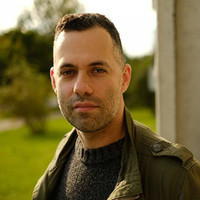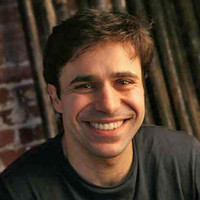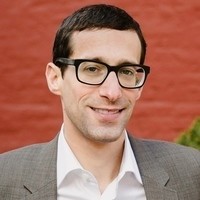Miami-Dade TNT Unit Loses the War on Drugs and Liberty City's Trust
An investigation of the county’s Tactical Narcotics Team and, in particular, a Christmas-themed sting dubbed “Santa’s Helper”:
A two-month investigation by New Times has found that Santa's Helper was a colossal waste of police resources. Of the 112 suspects arrested, 73 people were charged only with misdemeanor pot possession. The vast majority of the busted pot smokers were either released within 24 hours or avoided jail by promising to show up in court. Of the 73 alleged tokers, 68 of them — including Dante Level and his siblings — had no violent criminal record. If they were guilty of anything, it was smoking a joint on their own front porch.




















